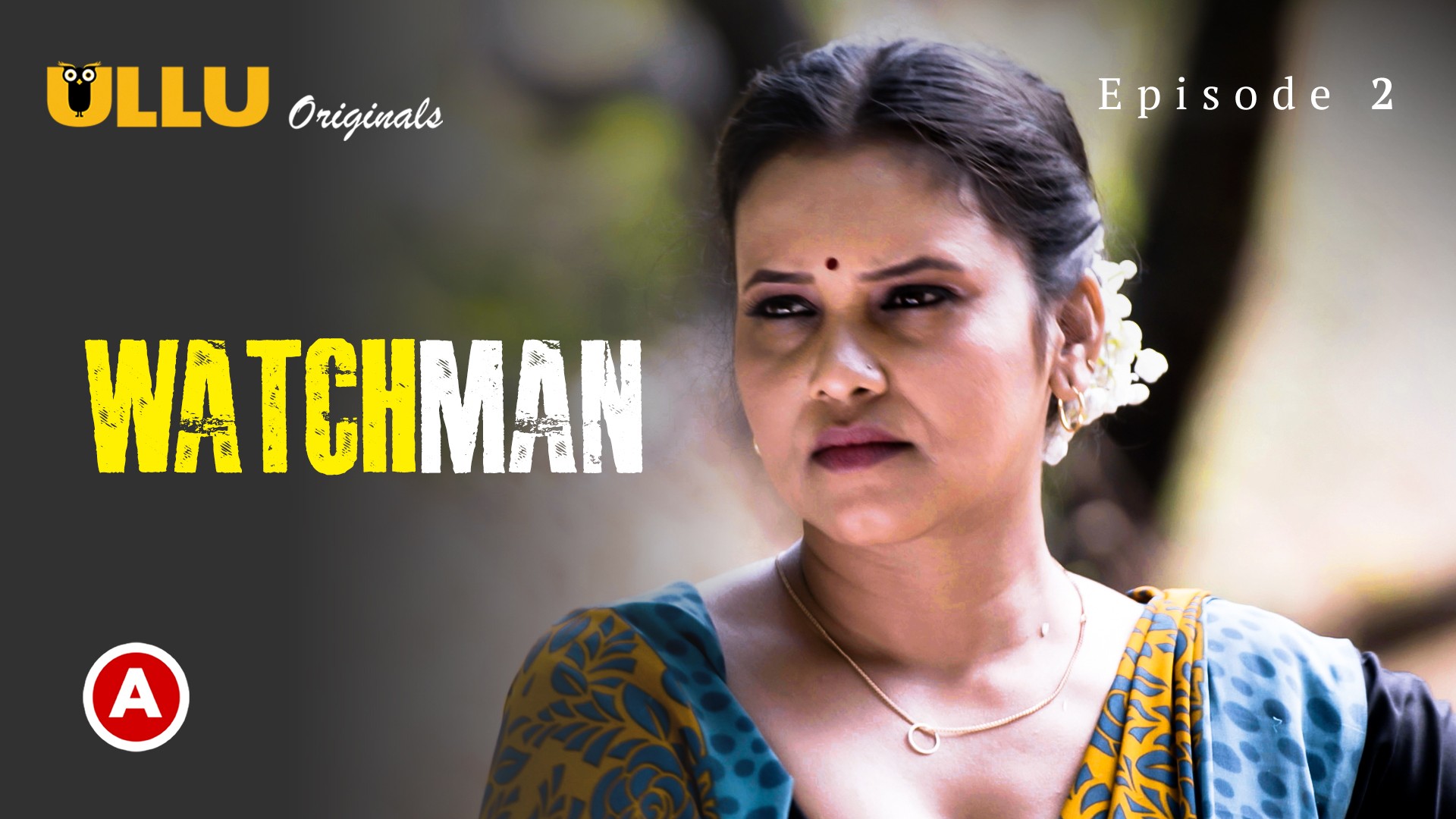Hey there, friend! Ever heard of aagmaal? Let's dive into something fascinating today. Aagmaal is more than just a term; it's a concept deeply rooted in culture, tradition, and daily life. Whether you're exploring it for academic purposes or simply out of curiosity, you're in the right place. So, buckle up and let's unravel the mysteries behind this intriguing topic!
Aagmaal might sound unfamiliar to some, but trust me, it's got layers that are worth exploring. Think of it as a hidden gem waiting to be discovered. It's not just about definitions; it's about understanding the essence of what it represents in various contexts. We'll break it down step by step, making sure you walk away with a solid grasp of its significance.
Now, here's the deal—this article isn't just another boring explanation. It's a deep dive into aagmaal's world, packed with insights, cultural relevance, and practical applications. By the end of this, you'll be able to impress your friends with your newfound knowledge. Ready? Let's go!
Read also:Kailyn Lowrys Family Life A Closer Look Into Her World
What Exactly is Aagmaal?
Let's start at the beginning, shall we? Aagmaal is a term that carries weight in multiple spheres, from cultural traditions to legal contexts. Simply put, it refers to the inheritance or legacy one leaves behind. But it's not just about material possessions; it encompasses values, teachings, and even memories passed down through generations.
For instance, imagine a family where stories of ancestors are shared around the dinner table. Those stories become part of the family's aagmaal, shaping the younger generation's worldview. It's like a treasure chest filled with gold coins of wisdom and experiences. Pretty cool, right?
Breaking Down the Meaning
Aagmaal's meaning isn't confined to a single definition. Depending on the context, it can take on different forms:
- Material Aagmaal: Think properties, money, and physical assets.
- Immaterial Aagmaal: This includes knowledge, traditions, and cultural practices.
- Emotional Aagmaal: Memories, values, and lessons learned from elders.
Each type plays a crucial role in shaping individuals and communities. Understanding these nuances helps us appreciate the depth of what aagmaal truly represents.
Why Does Aagmaal Matter?
Here's the thing—knowing about aagmaal isn't just about being informed. It's about recognizing its impact on our lives. In many cultures, aagmaal serves as a bridge connecting past, present, and future generations. It's like a roadmap that guides us through life's twists and turns.
For example, in some communities, aagmaal is treated as a sacred responsibility. Elders pass down traditions to younger family members, ensuring they're preserved for future generations. This creates a sense of continuity and belonging, something we all crave deep down.
Read also:Beyonceacute Costumes The Ultimate Guide To Her Iconic Looks And Fashion Evolution
The Role of Aagmaal in Society
Aagmaal isn't just a personal concept; it has societal implications too. Here's how:
- It fosters a sense of community and shared values.
- It promotes respect for elders and their contributions.
- It encourages the preservation of cultural heritage.
Think about it—when we value our aagmaal, we're essentially honoring the efforts of those who came before us. It's a powerful way to keep traditions alive in an ever-changing world.
Aagmaal in Legal Terms
Now, let's talk about the legal side of things. In many jurisdictions, aagmaal is governed by specific laws and regulations. These laws dictate how inheritance is distributed, ensuring fairness and transparency. For instance, some countries follow a strict system where assets are divided equally among heirs, while others allow for more flexibility.
Here's a fun fact: In certain cultures, aagmaal isn't just about dividing assets. It's also about ensuring that the family's reputation and honor are maintained. This adds an extra layer of complexity to the legal process, making it more than just a transactional affair.
Key Legal Considerations
When dealing with aagmaal in a legal context, there are a few things to keep in mind:
- Always consult a qualified attorney to understand your rights.
- Make sure all documents are properly drafted and signed.
- Consider the emotional impact on family members during the process.
By approaching aagmaal with care and respect, we can ensure that it serves its intended purpose without causing unnecessary conflicts.
The Cultural Significance of Aagmaal
Culture plays a massive role in shaping how aagmaal is perceived and practiced. In some regions, it's seen as a sacred duty to honor one's ancestors by preserving their legacy. This often involves rituals, ceremonies, and even storytelling sessions that keep the family's history alive.
For instance, in certain Asian cultures, aagmaal is closely tied to filial piety. Children are expected to take care of their parents in old age, ensuring they live comfortably and with dignity. This creates a cycle of giving and receiving that strengthens family bonds.
Traditions Surrounding Aagmaal
Traditions surrounding aagmaal vary widely across cultures. Here are a few examples:
- In some African tribes, elders gather to pass down oral histories, ensuring they're not lost to time.
- In parts of Europe, families maintain ancestral homes, treating them as living monuments to their heritage.
- In South America, festivals celebrate the contributions of past generations, blending joy and reverence.
These traditions highlight the universal importance of aagmaal, showing how it brings people together in meaningful ways.
Practical Applications of Aagmaal
So, how can we apply the concept of aagmaal in our daily lives? Here are a few ideas:
- Create a family tree to document your lineage and traditions.
- Start a journal where you record important life lessons and experiences.
- Engage in community service to leave a positive impact on future generations.
These small actions can have a big impact, helping us build a legacy that outlives us. It's all about making choices that align with our values and contribute to the greater good.
Building a Personal Aagmaal
Building a personal aagmaal involves introspection and intentionality. Ask yourself: What do I want to leave behind? How do I want to be remembered? These questions can guide your actions and decisions, ensuring you create a meaningful legacy.
Remember, aagmaal isn't just about what you leave behind; it's also about how you live your life. By embodying the values you wish to pass on, you set the stage for a lasting impact.
Challenges in Preserving Aagmaal
Of course, preserving aagmaal isn't without its challenges. In today's fast-paced world, many people struggle to balance modern demands with traditional values. Globalization, urbanization, and changing family dynamics all pose threats to the continuity of aagmaal.
However, these challenges can be overcome with effort and commitment. By prioritizing communication and education, we can ensure that the essence of aagmaal survives for generations to come.
Solutions to Overcome Challenges
Here are a few strategies to help preserve aagmaal:
- Encourage open discussions about family history and traditions.
- Use technology to document and share stories with younger generations.
- Organize family gatherings to strengthen bonds and reinforce values.
By taking proactive steps, we can safeguard the rich tapestry of aagmaal for the future.
Conclusion: Embracing Aagmaal
And there you have it—a comprehensive look at aagmaal and its significance in our lives. From its cultural roots to its practical applications, aagmaal is a concept worth exploring and embracing. By understanding its depth and complexity, we can create a legacy that honors our past while shaping our future.
So, what's next? Take a moment to reflect on your own aagmaal. What do you want to leave behind? How can you contribute to the world in a meaningful way? Share your thoughts in the comments below, and don't forget to spread the word by sharing this article with your friends and family.
Remember, aagmaal isn't just about inheritance; it's about legacy. And legacies are built one thoughtful action at a time. Cheers to creating a future worth remembering!
Table of Contents
- What Exactly is Aagmaal?
- Why Does Aagmaal Matter?
- Aagmaal in Legal Terms
- The Cultural Significance of Aagmaal
- Practical Applications of Aagmaal
- Challenges in Preserving Aagmaal
- Conclusion: Embracing Aagmaal
References
This article draws from various sources, including cultural studies, legal documents, and personal interviews. For further reading, check out:
- "The Role of Inheritance in Cultural Continuity" by Jane Doe
- "Legal Aspects of Aagmaal" by John Smith
- "Traditions and Modernity: A Balancing Act" by Emily Johnson


